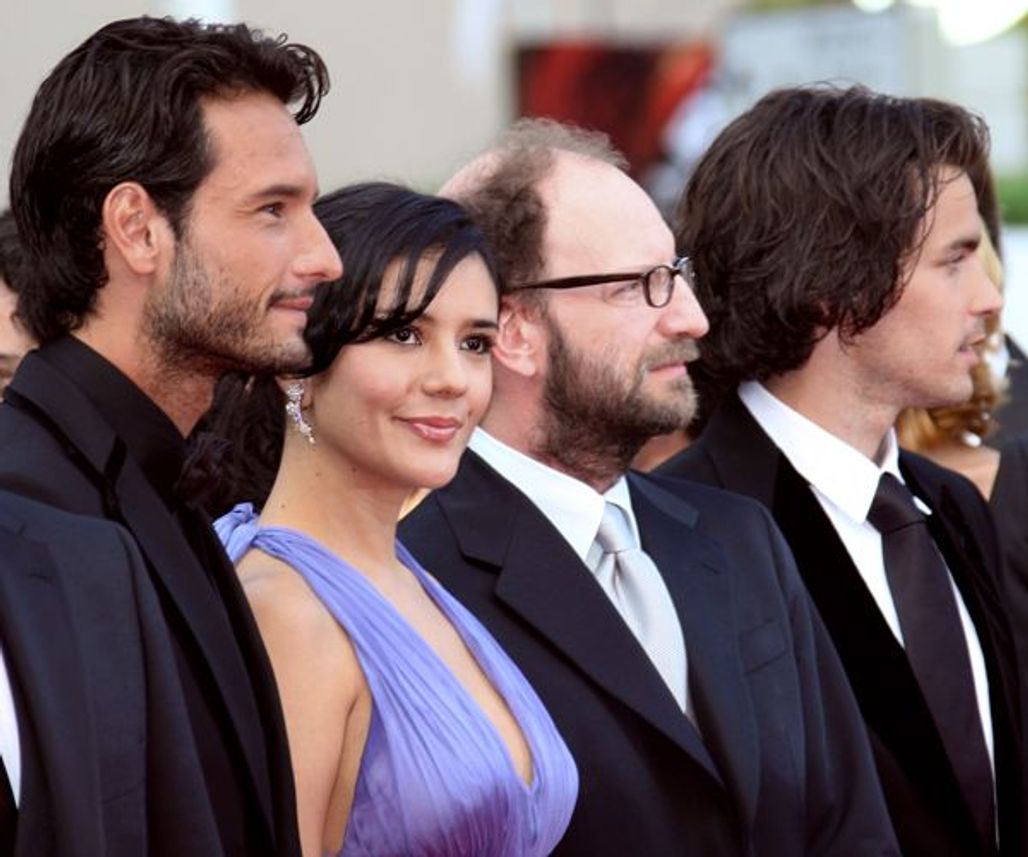
Competition: “Che” by Steven Soderbergh

1989 Palme d’Or laureate for Sex, Lies, and Videotape Steven Soderbergh is competing again this year with Che, his all-embracing biography of Ernesto Guevara, lasting a total of 4’28". Part One retraces Che’s meteoric rise during the coup against the Batista regime, as he moves from doctor to leader to revolutionary hero. The second half of the film examines the campaign in Bolivia which led to Che’s murder. It is an attempt to explain how he became a symbol of idealism and heroism in the hearts of people around the world.
"I was drawn to Che as a subject for a movie (or two) not only because his life reads like an adventure story, but because I am fascinated by the technical challenges that go along with implementing any large-scale political idea," says Soderbergh, in his statement of intention. "I wanted to detail the mental and physical demands these two campaigns required, and illustrate the process by which a man born with an unshakable will discovers his own ability to inspire and lead others."
Che would no doubt never have admitted it, but style counts. It definitely means everything in a film, and is crucial to the understanding of these two films.
Che – Part 1 is framed by footage of Che’s visit to New York City in 1964. Speaking to the United Nations General Assembly, on the largest stage in the world, he expressed his contempt for US imperialism, and for any Latin American government that would yield to the demands of the United States. The body of the film consists of the Cuban Revolution, seen through Che’s eyes. Wide-screen Cinemascope framing and formalistic compositions foreshadow the outcome of this classic standoff between oppressor and victim.
Che – Part 2 is a blind dash into the bottom of an ideological impasse. The visual style is an indication that anything is liable to happen, any time. The end is impossible to predict, and when it happens, you still have to ask yourself if the epilogue of this story is not the prologue of another.
In addition to Sex, Lies, and Videotape, Steven Soderbergh has presented three other films at the Festival de Cannes: Ocean’s 13 (2007) and The Limey (1999) out of Competition, and King Of The Hill (1997) in Competition.


